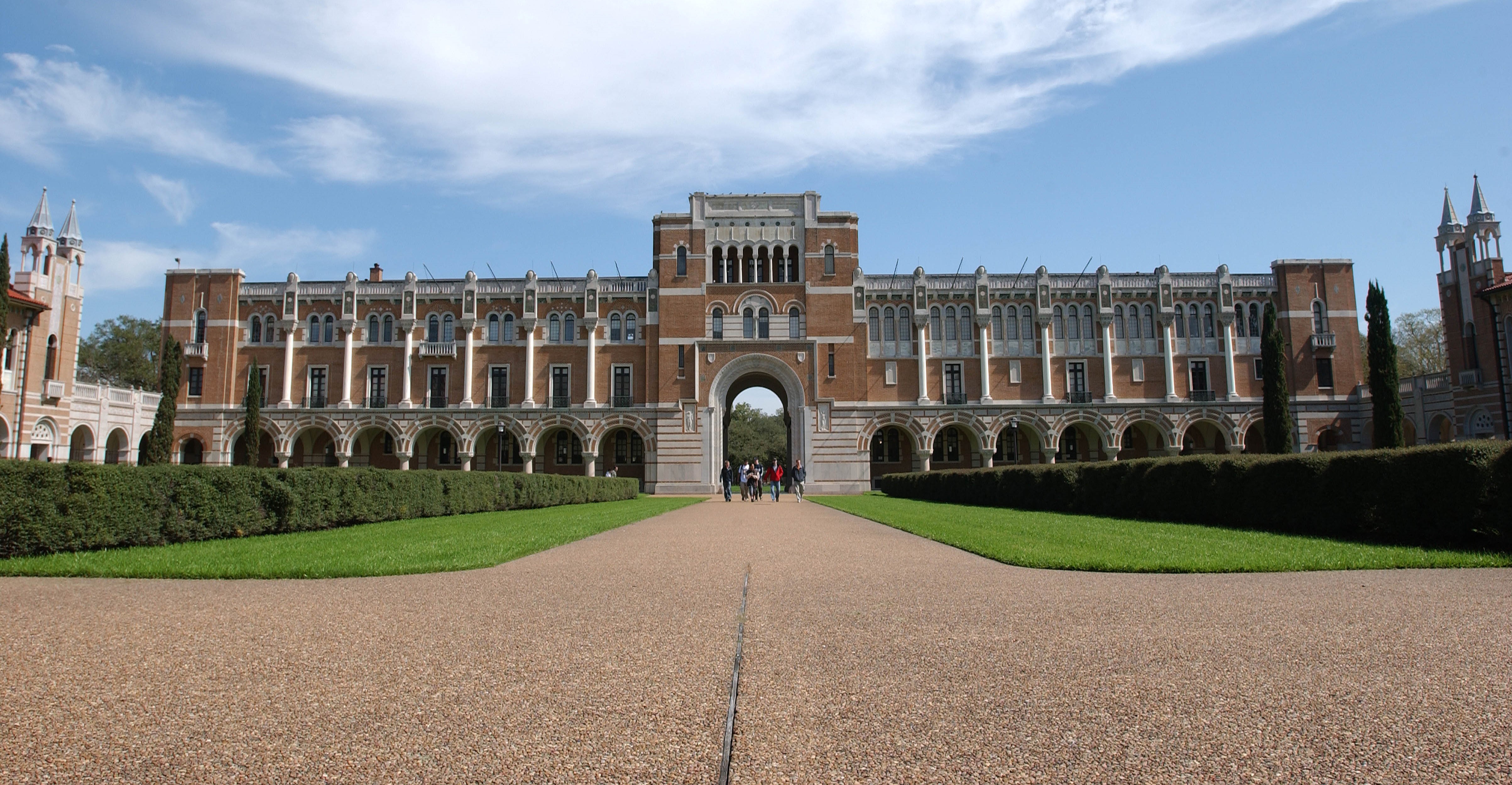Welch Foundation Gifts $100M to Rice University for Advanced Materials Research
Published Sep 02, 2020 by Maggie Martin
The Houston-based Robert A. Welch Foundation is giving $100 million to Rice University to establish the Welch Institute, which will focus on the development of advanced materials. It's the largest single donation to Rice in the university's history.
The Welch Institute, which will be located on Rice's campus, will combine fundamental research in chemistry and materials science with the latest in machine learning and artificial intelligence to accelerate the discovery, design and manufacture of the next generation of materials. Applications could apply to new energy systems, sustainable water, space systems, telecommunications, manufacturing, transportation, security and more.
“The Welch Institute of Advanced Materials at Rice University will position Houston as a global hub for advanced materials research and attract the brightest scientific minds to our innovative city," said Bob Harvey, president and CEO of the Greater Houston Partnership. "The Institute will make Houston attractive to companies focused on leveraging these breakthrough technologies to build new solutions that address the world’s biggest challenges."
The Welch Institute will draw on Rice’s internationally renowned faculty and scientific resources, and will be governed by an independent Board of Directors and advised by a distinguished Scientific Advisory Board. Its initial goal is to attract top researchers from around the world to make The Welch Institute a center of intellectual discovery, innovation and transformation in advanced materials.
“The Welch Institute will focus on the development of advanced materials for the good of society and to advance the vision of Robert A. Welch, who believed in basic chemical research as a powerful force for transformative breakthroughs and improving the quality of life,” said Welch Foundation Chair and Director Carin Barth. “It will bring together top minds across all disciplines to catalyze innovation and center leadership in the field right here in the Houston area.”
Harvey said basic research is critical to Houston's growth as a leading global city.
“Looking at the major U.S. innovation hubs like Silicon Valley and Boston, it is clear their tech and innovation ecosystems have grown up around intense basic research efforts at major universities and research institutes. The Welch Institute is of the scale and caliber to be a catalyst for exponential commercial growth, and we couldn’t be more excited," said Harvey.
The September 2 announcement further establishes Houston as an innovation hub.
“Houston’s tech ecosystem has exhibited rapidly building momentum over the last several years, and the Welch Institute will help propel those efforts forward, positioning Houston as one of the nation’s most innovative cities,” said Harvey. "Houston has been a center of innovation for over a century, with science and engineering breakthroughs imbedded across our core industries including energy, life sciences, aerospace, logistics, and manufacturing. The unique convergence of these industries has allowed our region to develop and scale world-changing technology for decades.”
The Welch Foundation has contributed more than $1 billion, endowing 48 chairs at 21 Texas universities and supporting the work of hundreds of world-class research chemists.
Learn more about innovation in Houston. Learn more about the Welch Foundation and Rice University.
 The Houston Report
The Houston Report




















